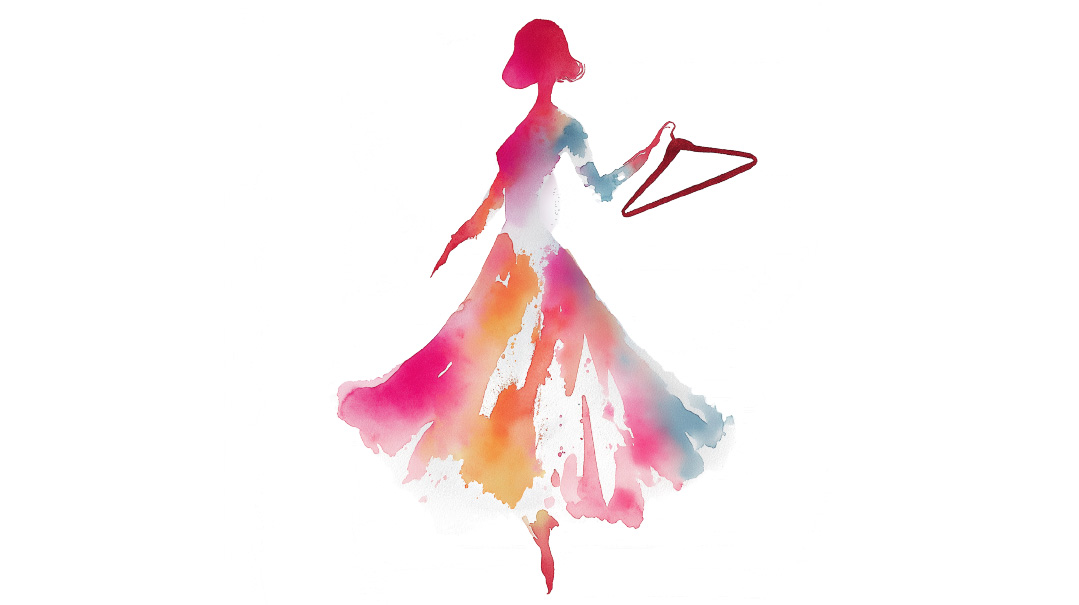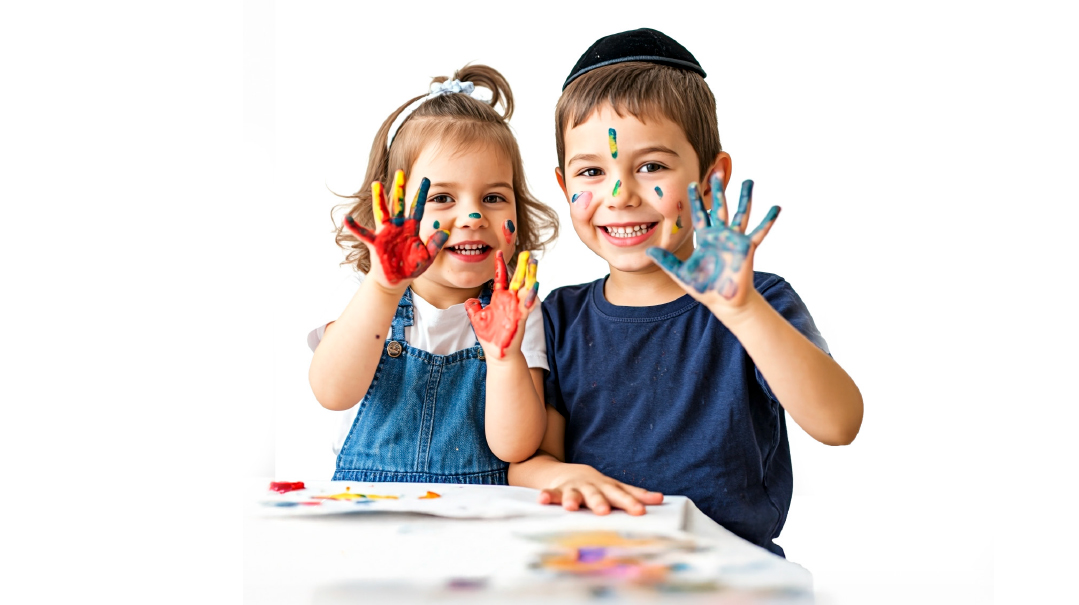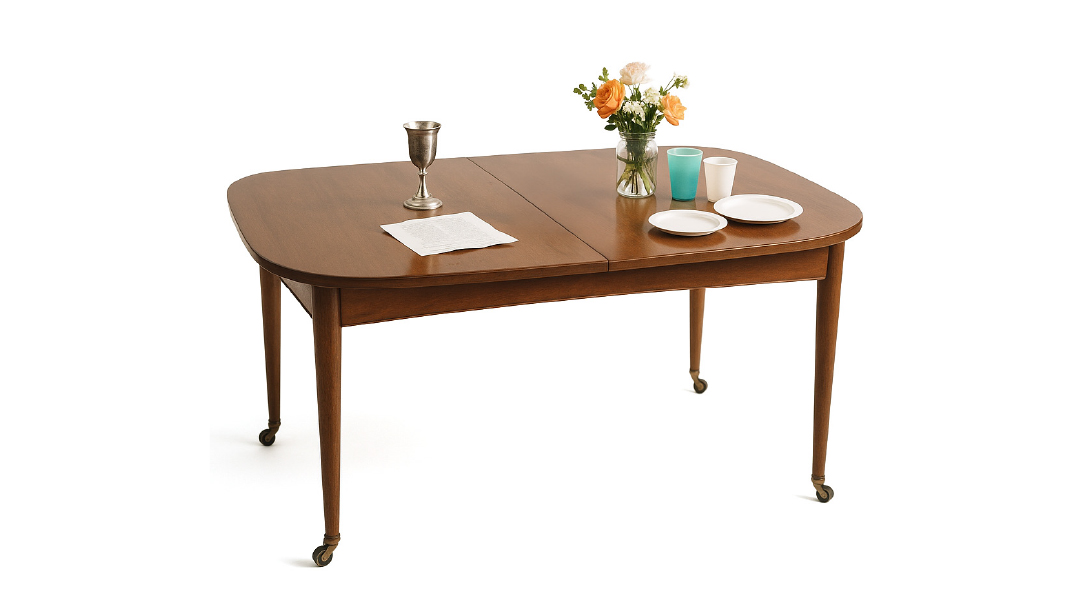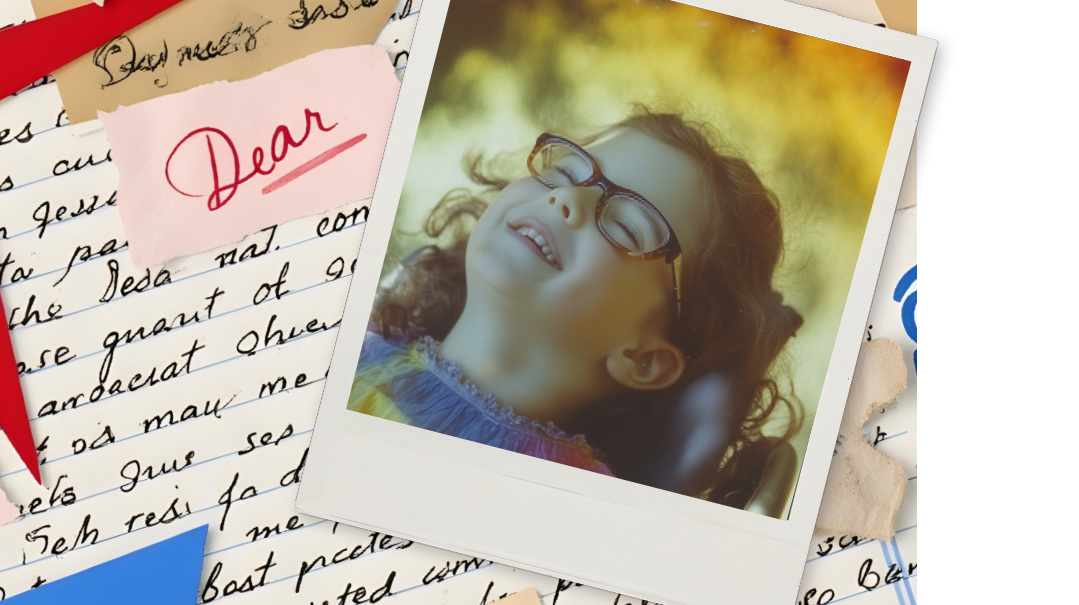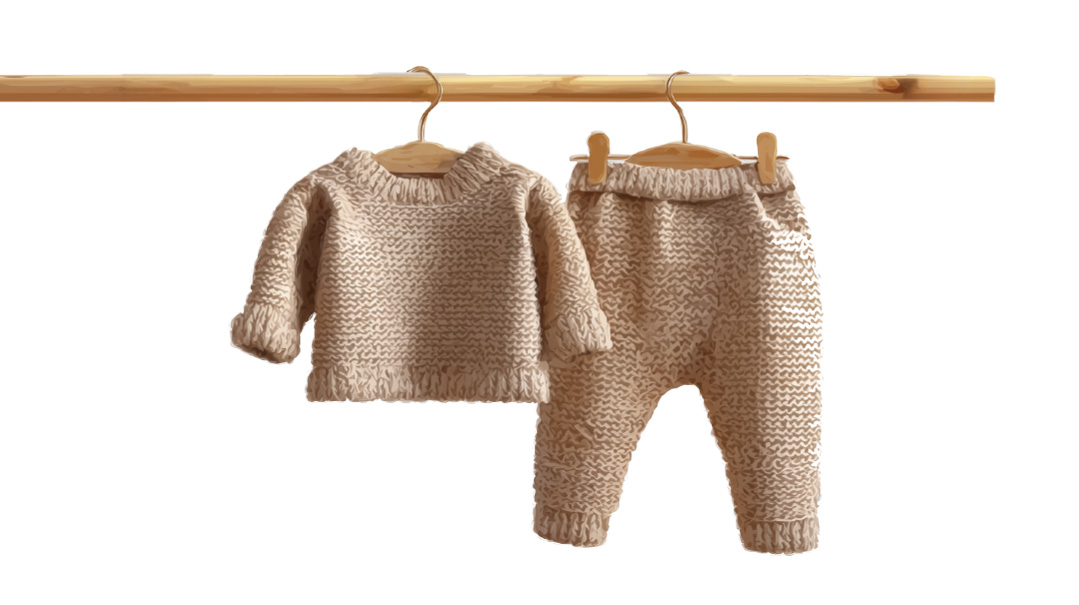A Bitter Pill
| September 6, 2022I look just like you. I am a daughter, sister, wife, mother, grandmother, and friend… and an addict
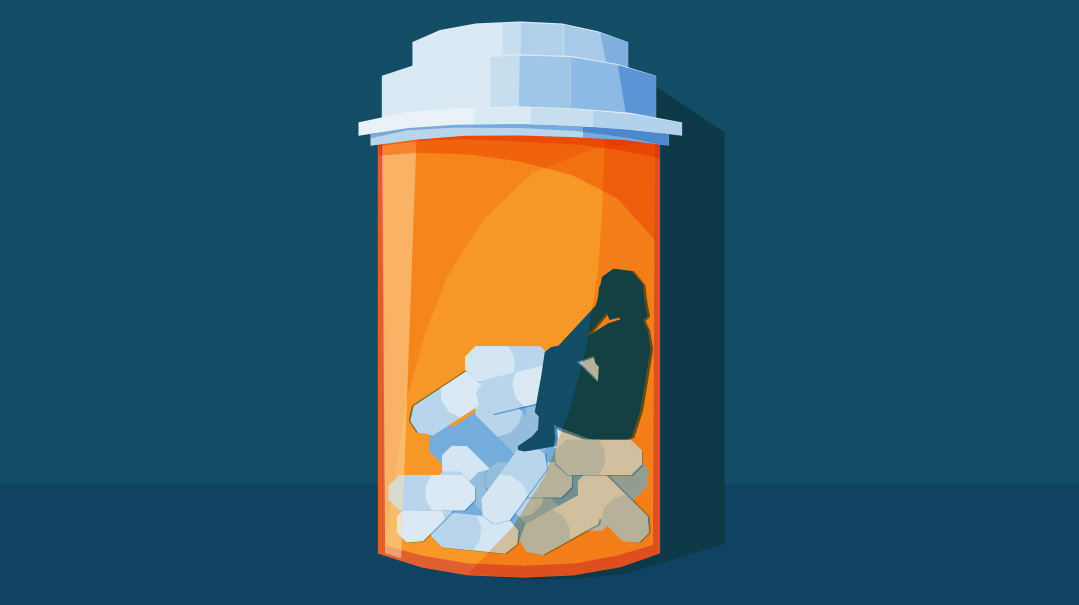
I look just like you. I’m a daughter, sister, wife, mother, grandmother, and friend. If you’d pass me in the street, you wouldn’t look twice. There goes another chassidishe veibel, you’d think.
Except I’m not just like you. I’m a recovering drug addict. I say recovering because no one ever recovers from their addiction; it’s with them every single day, like a diabetic lives forever with diabetes. Baruch Hashem, I’m now in “remission,” and my life has stabilized. But it wasn’t always like this.
I grew up in a warm, wonderful family. My parents loved my siblings and me, we never lacked for hugs and kisses. But from the age of adolescence through my teen years, a relative repeatedly abused me. Then, in a completely different set of circumstances — they say that lightning never strikes twice, but it did for me — at 17 years old, I was abused again, by someone else.
I never told a soul. I was scared. I felt that it must have been my fault. I felt no one would believe me especially since it had happened again and again. Mostly, I was ashamed.
At school I stuck to myself, didn’t participate in any school or after-school activities. I was friendly to all but preferred to keep to myself. My parents had a lot on their plate — getting my older siblings into seminary and yeshivah, financial matters, and other issues. Ours was a full house. I made myself as invisible as I could, and I succeeded. Nobody suspected a thing.
Years passed. I got married and had children. I repressed the memories and managed to raise my family. Then, when my daughter reached adolescence, the same age I had been when the abuse began, I started having flashbacks.
At the same time, I had health issues that required multiple surgeries. The doctor prescribed painkillers for my recovery. I used them wisely, taking them only as necessary to manage my pain.
But on a day that I cannot erase from memory, when things at home were hectic; I was depressed from all my medical issues and flashbacks, my shalom bayis was faltering… I wondered what would happen if I took just one pill left over from a round of painkillers.
I found that after the pill took effect, I could manage. I became numb to suffering. I knew that even were my house to go up in flames, or the world to be on the brink of apocalypse, I’d be able to handle it all.
I started on a course of just one pill a day to help me through the hard times I was living through. But then, once a day became twice a day, and twice a day became every four to six hours. It wasn’t hard to obtain the drugs — my medical conditions warranted prescription painkillers. Also, I took advantage of an elderly doctor who never wrote down what he’d prescribed on a previous visit.
Meanwhile, my marriage was failing, though had you asked me, I would have told you why it was everyone else’s fault. In fact, everything was someone else’s fault. At some point, my parents, with whom I am extremely and exceptionally close, caught on to my depression and erratic behavior. Though they were unaware of my narcotics addiction, they were concerned about my dramatic mood swings.
I worked alongside my parents at the family firm, and they witnessed how I’d go from happy one moment to blowing up at someone for something as tiny as taking away my pen. I’d go from smiling to anger to tears, and no one, least of all me could explain what set me off. My parents forced me into therapy and told me they would never forgive me if my children were taken away in the divorce.
I was in therapy for a long time before I disclosed the abuse I had gone through. It was another while before I admitted that I was taking pills. My therapist told me that I needed to go into rehab. I can’t say I had a moment of “clarity,” but I knew I had to straighten up or I’d lose my children.
I went into rehab to get sober and clean for my children. Before I left home, I told them that I was sick and needed to go away to get better. I wrote them daily letters — pen to paper — throughout the three weeks that I was in rehab, telling them that when I came back, I’d be better and be a happy mommy.
Rehab was brutal. There was therapy and classes all day and evening long. For the first ten days, I just cried and cried and resisted the program. I was desperately homesick. I missed my son’s birthday while I was there, and that killed me.
But then I saw a girl there who didn’t want to admit her addictions or address her issues. She chose to leave after a few days, going right back to her dangerous habits. I realized that if I kept denying the program I’d be asked to leave. That terrified me; I didn’t want to disappoint my family anymore.
At rehab, the staff wanted us to concentrate exclusively on ourselves and our healing processes. We were not allowed any communication with anyone from outside the walls of rehab. Forget phones, devices, newspapers. We couldn’t even have personal contact with our families — the staff would be in touch with our families on our behalf.
I gave the therapists and clinicians a list of what they could and could not disclose to my family. I was adamant that my parents and husband not find out about my abuse and trauma; I didn’t want to cause them any more anguish than I already had. I completed the rehab program and began to go to NA (Narcotics Anonymous) and other meetings. My sobriety lasted two years.
I relapsed slowly. In hindsight, I can say unequivocally that there’s never an excuse to use, but it’s important to realize that addiction is merely the end result; you have to go back to the roots of where it all began.
My parents were very friendly with the person who abused me and countless others. At some point, it became public knowledge that this perpetrator abused even his own family members. But my parents seemed to have a hard time believing it. Even when I begged them to stay away from their friend, telling them — without going into details — that he’s a bad person, they remained close to him. It felt like my parents were choosing their friend over their daughter.
I remember exactly where I was, and even what I was wearing when I told myself, “Forget about sobriety, I don’t need this.” I started taking one pill once a day, but gradually increased my dosage to one every four to six hours. I stopped going to NA groups, and slowly, all the tools I’d learned in rehab left me. My brother caught me, and he confronted me in a dramatic scene that ended with me running away.
That night, I drove for hours, my family not knowing where I was or if I was okay. I was trying desperately to come up with some type of plan. My family was calling everyone and anyone to see if they had heard from me. They finally called the rehab facility I’d been in, and I received a text from the person in charge: I hear you are a bit lost, come to us, you will be safe. I drove to the center and broke down. I was ashamed, embarrassed, and upset with myself that I’d thrown two years down the drain.
From that point, I had to detox, an excruciating experience. I had sweating, cramping, real pain, phantom pains, non stop vomiting to the point of bruising my ribs, nose bleeds — the works. The detox alone took over three weeks until the worst was over. I didn’t go into rehab as I didn’t want to redo the program I’d been through two years before. Instead, I stayed home and started seeing a new therapist. Finally, my secret came out, and my family learned that I’d been abused.
I went through intense therapy three times a week, and after quite some time, some semblance of normalcy returned. I started going back to the NA/AA meetings and found a sponsor to support my journey.
The thing is that nobody plans to become an addict. That label was for other druggies, certainly not for me. But I learned that addiction does not discriminate. Did you think this is the end of my story, that I’d learned my lesson well? That’s definitely what I thought. But sadly, after being sober for five years, I once again thought I was “above it all” and became arrogant in my sobriety. I left the program, and eventually the program left me.
I’d had more surgeries during those years, and even though the narcotics were dispensed one at a time and hidden, I was craftier. I had an old connection who would buy other people’s prescriptions, and I purchased my drugs from that source.
It was a sick cycle, and I kept going lower and deeper. This time, I knew I was very sick, but I had no idea how to get help. The irony was that I knew the right people, but the shame and embarrassment of admitting that I was using again prevented me from reaching out. I thought I was doing an excellent job of disguising it all, yet there were severe cracks.
During this time, I needed another surgery and was scheduled for the operation. No one knew I was using again, not even the doctors. I was extremely scared that I would not wake up from the anesthesia, and that this was the end. The surgery itself wasn’t a dangerous one, but abusing narcotics made it risky. Still, I didn’t stop using.
Instead, I sat myself down at the dining room table and took a pad of paper to write my will and a letter to my children and family in case I didn’t wake up. I called my oldest, who was already married, and told him that if chas v’shalom I didn’t pull through, he would have to step up to the plate and make sure his younger siblings got married.
One of my children saw the tears rolling down my cheeks and asked me what was wrong. I just held on to her and said I loved her very much.
Baruch Hashem, the surgery went well, but the doctors were baffled as to why the pain medication they were giving me wouldn’t alleviate my postsurgical pain. They chalked it up to some people needing a larger dosage for the drug to take effect.
I got the larger dose — and more, from a “well-meaning friend” who “visited” me at home post recovery. I knew I was in need of desperate help, but I didn’t know what to do.
Slowly, things came to a head. I was truly scared for myself and petrified that I was going to die. I hated using, hated who I was when I did. But I excused myself because I knew that quitting cold turkey would cause withdrawal, and couldn’t bear the thought of going through that again.
Here’s the important thing to remember: My previous attempts at sobriety were for others — my children, my family, and not wanting to get caught again. Now, I wanted to get help for me, only me.
The first step was admitting to my family that once again I had failed. I knew I would have to pay for this, and indeed, when they found out, my family wanted to disown me. I had broken the trust between my parents and siblings. One of them even declared that he didn’t have a sister anymore.
I called my therapist early in the morning and told him that I had been lying to him for a long time. He was in shock; I’d done a pretty good job in pulling the wool over many people’s eyes. My two younger children told me they knew I had been taking pills but were scared to “tell on me.” Meanwhile, I was destroying their lives.
I called my rehab facility and told them that I needed medical detox. I couldn’t do this on my own. They gave me the number of a private hospital detox and addiction center.
It was the day before Rosh Hashanah. The detox center told me there was no room for me until the end of the week. I went hysterical, as I had thrown out all my pills and knew that withdrawal was coming fast.
Suddenly, my phone rang. The center would admit me if I could be there in 20 minutes. Later, when I asked how they made the space for me and why, the manager told me that he’d heard the desperation in my voice and knew he had to do something.
The center was extremely expensive, yet there was no choice. By some Hashgachah pratis, I had come into a sum of money a few weeks prior to entering rehab. I called my husband — who despite not really understanding my addiction and everything behind it, has always been supportive of me — and told him we needed the money now for my treatment. Again.
I was at my absolute lowest. I was truly alone. My family was so, so angry with me.
This time, though, was different: I asked my doctor if he had ever treated a frum person. He replied they had had rabbis in the facility; I was far from the first. Then the doctor gently asked me, “Will you let me help you? Do you feel safe with me?” No one had ever asked me that, and for the very first time, I felt safe.
Then, it was on me to work my hardest, prove my worth, and make amends. But this time I was in a better place: I wanted to get well. I worked as I had never worked before. It gutted me to miss all the Yamim Tovim, and when I thought about how scared my children must have been, and how I had disappointed my husband and parents, I felt sick all over again.
But the time I spent in rehab saved me. I had nurses, doctors, and therapists at my beck and call. I was provided with chalav Yisrael and glatt kosher food. I was safe, and while I was far from loving myself, at least I wasn’t detesting myself as much. I had better days followed by not such good days. Just when I thought I had cried all my tears, more came.
It took weeks of medical help, intensive therapies, and classes — and coming to terms that I’d need medication to get me through this, now and always. Finally, I learned that while being an addict is not my fault, recovery is my responsibility. I had once thought that if I took the drugs, I could handle anything — my problems would go away; my relationships would be stronger; people would think better of me; my inferiority complex would finally say goodbye.
I learned that there is no escaping my problems or issues. A pill or injection doesn’t erase hard times. Whether I am intoxicated or not, the rough times are still there — and they are worse while I am taking pills.
I learned that if I truly wanted to stop using, I’d need to learn to love myself, even just a tiny bit. I asked my fellow patients to love me wholeheartedly until I could properly learn to love myself. In my head, I knew people loved me, but in my heart, I couldn’t feel it, because I didn’t find myself loveable. To be honest, I still struggle with this.
At the center I was in, there was a weekly Family Night during which the main psychiatrist would talk and give a warm general session about recovery for the patients and family members. Patients and visitors were invited to share. About 50 people showed up to Family Night.
One night, the psychiatrist was talking about how the addict feels so much anger inside. My father stood up, and, in a room full of people, talked about how enraged he was with his daughter for taking drugs and abusing them. “I never thought I’d have a child who was an addict,” he said. “I gave my children everything, and I cannot understand what would make my daughter pick up a drug and use it. Worse: she’s not in rehab for the first or second time! She’s a mother and a wife who cannot get her life together. She uses drugs.”
My father went on and on in the silent room. I was sitting beside him and begging him to please sit down as this wasn’t the time or place for such an outburst, especially in front of my daughter. The psychiatrist kept trying to get my father to stop talking, but he went on. When he finally sat down, no one knew what to do. I excused myself and left the room, hysterical. The nurses on my floor heard what happened and kept coming to my room to comfort me.
After that, I asked my parents to stop coming to Family Night. They were welcome to call the facility and talk to the staff, but I was there for me, and I needed the time and space to work on myself.
Today, I understand that my father was overwhelmed and didn’t know how to express his feelings. He couldn’t understand that the addiction was something bigger than all of us. Baruch Hashem, we’ve been able to repair our relationship, and I am close with my father, but that scene left its mark.
After two months, I was ready to be released. I continued treatment as an outpatient for many more months, taking things very slowly.
Throughout my recovery, I got very overwhelmed very quickly. I remember calling one of my sisters from the grocery store where I was trying to decide what to buy for mishloach manos. I was in tears in the aisles, feeling foolish and crushed because I couldn’t handle even this most basic of tasks. I had to relearn everything. Mostly, though, I had to learn to speak up and say, “Hey, I’m not doing so well today,” or even more, “Can you please help me?”
It’s been two and a half years. I am clean and sober. I take it day by day. I still contact my therapist at the center each morning, and I still see my center doctor each month. He says I am a miracle. I am still in therapy twice a week, and I will continue to go to therapy for as long as I need to. I still have good days and not-so-good days.
My life is hectic, with lots going on. But I no longer feel tempted to use. I’m clean for myself now.
My mindset has changed so much that I now understand that it would be the most selfish thing for me to pick up and use during hard times. Within this past year, my mother has been battling cancer for a third time, and the chemo treatment poisoned her legs until she lost use of them.
Meanwhile, my father contracted a terrible infection that has been compounded by my mother’s illness and other issues. Their care fell upon my sister and me, and we are run ragged with both parents in the hospital, family life, and the family firm to manage.
The thought of taking on all this under the influence makes me cringe. Baruch Hashem, I got help at the right time so I could be a person my family can count on. I thank Hashem daily that I’m at a point in my journey where not only am I not tempted under these circumstances, but my resolve to maintain sobriety is strengthened by everything going on in my life.
Still, I continue to work on proving myself, to retain the trust and relationships with my family. When I left rehab, I told my family that I was willing to submit to random drug testing at their discretion. My sister refused, saying that if I want to get better, it’s up to me. “I am not going to police you.”
My children and I made a promise when I was released: they have permission to go through Mommy’s purse or drawers at all times. They can ask for my phone at any time and scroll through my messages or emails or contacts. I don’t have a password and don’t sleep with my phone under my pillow anymore. My kids have access to my email accounts, and they know who to call if they are scared or suspect anything.
My doctor’s office tests me randomly, and my family is given a copy of the results. When I had my blood taken at home, the nurse went over to my little son and said, “Mommy is doing well, it’s okay.”
It’s very humbling to be where I am. But when things get hard, and they do, and they will — in life there are good days and not such good days, happy times and challenging times — I remind myself that I am not alone. I am exactly where I am supposed to be.
Getting sober and clean was the absolute hardest thing I have ever done, and having done that, I can handle anything. I am stronger than I know.
I have caused tremendous damage, and that is something I cannot erase. At times I feel as if I ruined my children’s lives and have scarred them forever. I won’t ever forget where I came from, but I know I must always look ahead. I can do this.
Yes, I look just like you. I am a daughter, sister, wife, mother, grandmother, and friend… and an addict.
The author can be reached via Mishpacha.
(Originally featured in Family First, Issue 809)
Oops! We could not locate your form.


